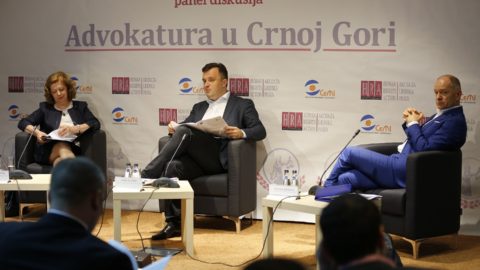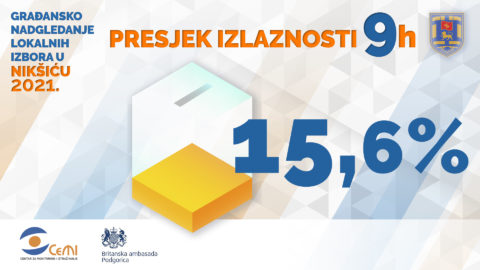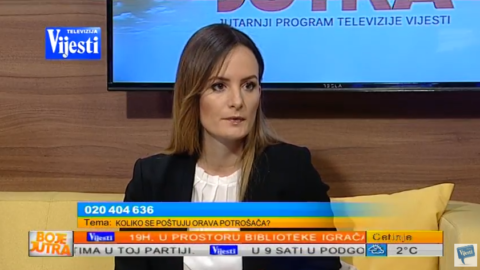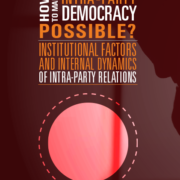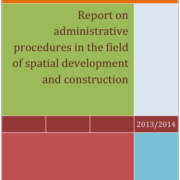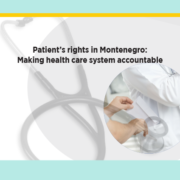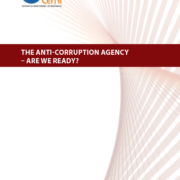A total of 2,691 voters with residence in foreign countries have been registered in the Herceg Novi electoral roll, which represents more than 10% of the electorate of this municipality, the research carried out by CEMI demonstrate.
CeMI filed on 18 March a request to the Ministry of Interior to be granted access to the electoral roll, but, since the electoral roll for the forthcoming elections in Herceg Novi will not be final until ten days before the elections, they were granted access to the data regarding the last parliamentary elections.
CEMI project coordinator Vladimir Simonovic told that 25,502 citizens of Herceg Novi had the right to vote.
CEMI carried out a comparative check with the electoral registries of Serbia and Bosnia and Hercegovina, which are both available online, and reached a conclusion that a large number of voters from Herceg Novi had residence in one of these, or both countries, which, according to them, could jeopardize regularity of the elections.
According to Simonovic, there are 1,892voters with dual residence in Serbia, 717 voters also had residence in BiH, while 82 voters had residence in both of these countries.
He said that Democratic Front MP in the Montenegrin Parliament, Simonida Kordic,was among the persons with dual residence, with residence registered in Belgrade.
Simonovic explains that the law envisages that persons with residence in one country have the nationality of that country, which opens up the issue of how these persons acquired Montenegrin citizenship, considering that, unlike Serbia, Montenegro has not signed the agreement on dual citizenship with BiH.
“Although there is possibility that some of the Montenegrin nationals have legal dual nationality of Serbia, this extremely high number of citizens with dual nationality in only one Montenegrin municipality raises suspicions in legality of acquiring Montenegrin nationality”, said he.
On the other hand, Simonovic adds, the law does not allow for dual residence, and therefore the persons with residence in foreign countries cannot have residence in Montenegro, and they must be removed from the residence registry, as well as that it entails removal from the electoral roll.
Simonovic said that CeMI would submit to Ministry of Interior the list of all the voters with dual residence, and request removal of those persons from the residence registry and the electoral roll.
He said that the high percentage of persons with dual residence in Herceg Novi indicated that this problem was widespread, and that there certainly were voters with dual residence in other countries of the region.
Reacting to CEMI’s data, Ministry of Interior stated that establishing if a person had dual nationality or not, in particular if it was acquired illegally, was not an easy task.
They explain that even in case of establishing that a person had dual nationality, they would not loose Montenegrin nationality automatically, but would be given a three-month deadline to submit a proof of filing a request to be removed from the registry of nationality of other country, and a one-year deadline to submit the proof of removal.
They add that a person can be removed from the electoral roll only in case they are removed from the registry of Montenegrin nationals.


 Montenegrin
Montenegrin

